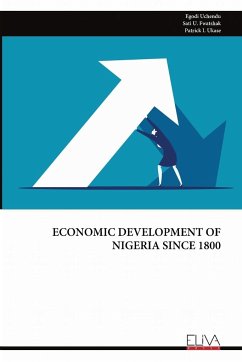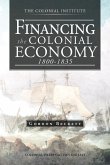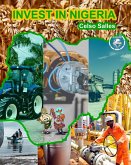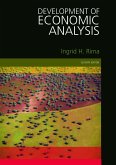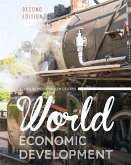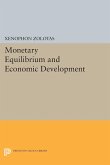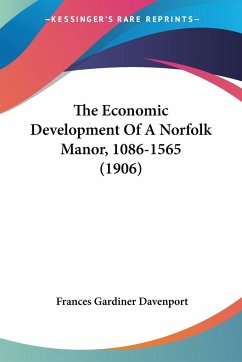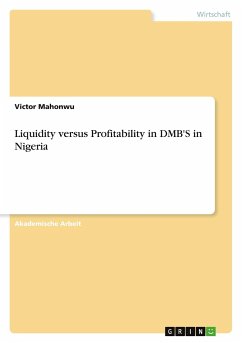Nigeria celebrated 62 years of independence from Britain in 2022. At independence, Nigeria had great potential for accelerated development: a large youthful population, flourishing agricultural sector, an equable climate, a fairly technocratic civil service and educated crop of leaders. Besides her agricultural produce, there were mineral deposits-tin, gold, columbite, coal, limestone and petroleum. Sixtytwo years after independence, however, the Nigerian economy remains below its endowment profile unable to compare with Asian countries that were at the same or lower economic levels with her in 1960. How a people organizes themselves to provide for their everyday needs-production, distribution, consumption and exchange-reveals a lot about whatever else is happening to their social life as a whole. This anthology critically examines Nigeria's economic development from the nineteenth to the twenty-first century. It asks: is Nigeria's economic underperformance the outcome of her pre-colonial past or the result of age-long imperialism? Is it rather the result of internal factors such as postcolonial leadership failures that manifest in poor economic policy choices, natural resource dependence and devastating conflicts, among others? Or, is it a combination of some or all of these factors? What happens when a traditional society encounters "modernity"? Even within a country, what happens when the means of production changes or new inventions upturn the way of life of a people? The chapters in this volume expose the root of Nigeria's economic malady and at the same time point to pathways for recovery.
Hinweis: Dieser Artikel kann nur an eine deutsche Lieferadresse ausgeliefert werden.
Hinweis: Dieser Artikel kann nur an eine deutsche Lieferadresse ausgeliefert werden.

